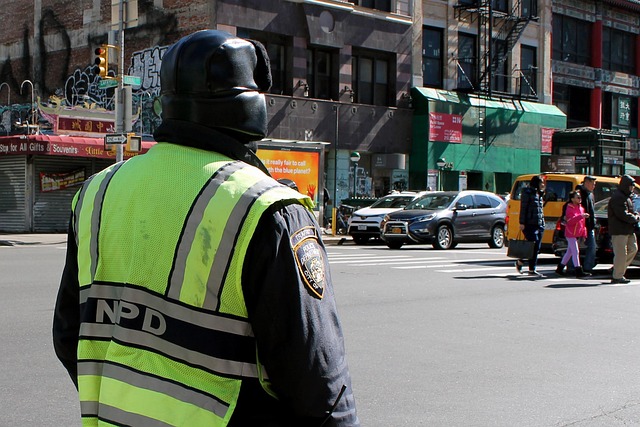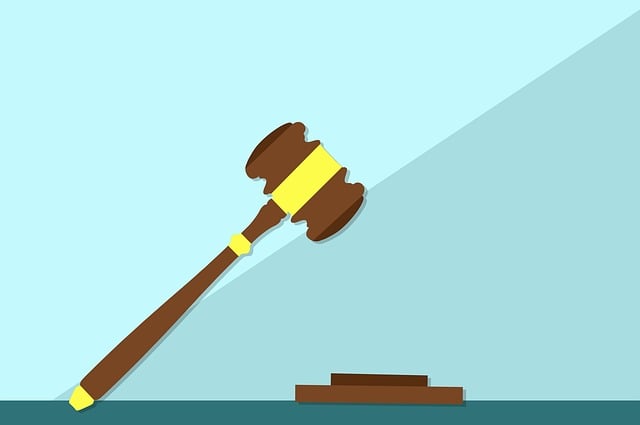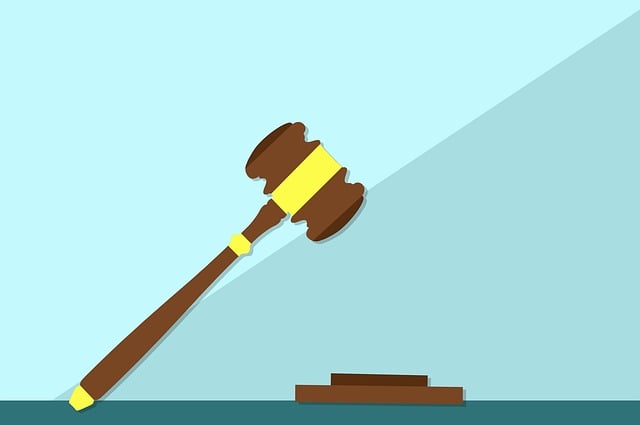Antitrust violation cases involve legal actions against entities engaging in practices that restrict competition, such as price-fixing or market allocation, aimed at protecting consumers from elevated prices and limited choices. These complex cases require prosecutors to prove "beyond a reasonable doubt" that antitrust laws have been violated, with the understanding burden of proof crucial for criminal proceedings. Defense strategies include challenging the burden of proof, scrutinizing market dynamics, and arguing misunderstandings or gray areas in the law. Historical cases like United States v. Standard Oil Co. (1911) and International Paper Co. v. United States (1952) have shaped competition laws and their enforcement, emphasizing the importance of understanding the burden of proof in criminal cases.
“Antitrust violation cases are a critical aspect of maintaining fair market competition, yet they present complex legal challenges. This article offers an in-depth look at these cases, starting with a definition and exploring the key legal framework. We delve into the intricate process of establishing the burden of proof, providing insights on common defense strategies. Historical case studies highlight significant violations and their impact, while also emphasizing the crucial role of understanding the burden of proof in criminal cases, especially regarding antitrust enforcement.”
- What are Antitrust Violation Cases?
- The Legal Framework: Key Definitions and Laws
- Establishing the Burden of Proof
- Common Strategies in Defense of Antitrust Charges
- Historical Case Studies: Significant Antitrust Violation Cases and Their Impact
What are Antitrust Violation Cases?

Antitrust violation cases refer to legal proceedings initiated against individuals, businesses, or organizations that have engaged in practices contravening antitrust laws and regulations. These laws are designed to promote fair competition in markets by preventing monopolies and restrictive business behaviors. When an entity is suspected of price-fixing, market allocation, or using its dominance to stifle competition, antitrust violation cases come into play. The primary goal is to protect consumers from elevated prices and limited choices often resulting from anti-competitive practices.
The understanding burden of proof in criminal cases applies here as well, with prosecutors needing to demonstrate beyond a reasonable doubt that an entity has indeed violated antitrust laws. This high standard ensures that convictions are based on substantial evidence and that businesses are protected from unfounded accusations. Achieving extraordinary results for their clients and ensuring the respective business operates within legal boundaries is paramount for antitrust lawyers in these cases.
The Legal Framework: Key Definitions and Laws

The legal framework governing antitrust violations is a complex web of definitions and laws designed to protect competitive markets. At the heart of this structure lies the principle that businesses must operate within fair and ethical boundaries, ensuring no monopoly or anti-competitive practices distort market dynamics. Key terms like ‘monopolization’, ‘conspiracy’, and ‘restraint of trade’ are central to these cases, each carrying specific legal interpretations.
Understanding the burden of proof in criminal cases is pivotal here. Prosecutors must demonstrate beyond a reasonable doubt that a company or individual has engaged in anti-competitive behavior. This includes analyzing market share, market impact, and the intent behind actions. The focus is on white-collar and economic crimes, affecting not just corporate clients but also individual entrepreneurs and philanthropic/political communities. Legal definitions and interpretations play a crucial role in navigating these cases, ensuring fairness and maintaining a level playing field for all participants in the economy.
Establishing the Burden of Proof

In antitrust violation cases, establishing the burden of proof is a critical aspect that sets criminal proceedings apart from civil litigation. The prosecution bears the responsibility of proving each element of the crime beyond a reasonable doubt. This standard is higher than in many civil cases and requires strong, compelling evidence to convince a jury or judge of the defendant’s guilt. Understanding the burden of proof in criminal cases is essential, especially when dealing with complex white-collar and economic crimes that often span multiple entities and transactions.
The process involves meticulous investigation, gathering of documentary evidence, expert testimony, and a thorough examination of corporate and individual clients’ respective business practices. Effective presentation of this evidence in court is key to securing convictions. Prosecutors must navigate the intricate web of antitrust laws, ensuring every action is legally sound and backed by solid facts to avoid potential challenges from defendants’ legal teams.
Common Strategies in Defense of Antitrust Charges

In facing antitrust violation charges, companies often employ a range of strategies to mount a robust defense. A common approach is to challenge the understanding of the burden of proof in criminal cases. Prosecutors must demonstrate beyond a reasonable doubt that an anti-competitive practice has been intentionally pursued. This requires a thorough examination of market dynamics and the company’s motivations, which can be complex and context-dependent. By questioning the interpretation of evidence and expert testimonies, defense teams aim to create reasonable doubts, aiming for either dismissal or a more favorable verdict in high-stakes cases.
Another strategy involves presenting the case as a misunderstanding or misapplication of antitrust laws in specific circumstances. This may include arguing that the alleged conduct was not anti-competitive in nature or that it fell within legal gray areas. Winning challenging defense verdicts in white collar and economic crimes requires a nuanced understanding of industry standards, regulatory intent, and historical precedents. Such defenses can be particularly effective in navigating complex legal landscapes, where the line between competitive business practices and antitrust violations is often blurred.
Historical Case Studies: Significant Antitrust Violation Cases and Their Impact

Antitrust violation cases have a rich history, with several significant instances leaving an indelible mark on competition laws and their enforcement. One of the most renowned historical case studies is United States v. Standard Oil Co. (1911), where the Supreme Court broke new ground by dissolving a monopolistic trust. This landmark decision set the precedent for antitrust legislation, emphasizing the importance of maintaining a competitive market. The case highlighted the understanding burden of proof in criminal cases, as the prosecution had to demonstrate beyond a reasonable doubt that Standard Oil engaged in anti-competitive practices.
Another notable example is International Paper Co. v. United States (1952), which involved price-fixing and bid-rigging schemes. The court’s ruling resulted in substantial fines and prison sentences, showcasing the severity of such violations. These case studies not only illustrate the far-reaching impact of antitrust laws but also emphasize the winning challenging defense verdicts for both businesses and prosecutors. By examining these historical events, we gain insights into avoiding indictment through robust legal strategies, ensuring fair market practices, and upholding the integrity of respective business operations.
Antitrust violation cases are complex legal battles that require a deep understanding of competition laws and strategic defense mechanisms. By examining historical case studies, it’s evident that navigating these charges demands a meticulous approach to evidence and proof. This article has provided an overview of the legal framework, key definitions, and common strategies, emphasizing the critical role of establishing the burden of proof in criminal cases. Understanding these dynamics is essential for businesses and legal professionals alike to ensure compliance and mount effective defenses in the ever-evolving landscape of antitrust law.






